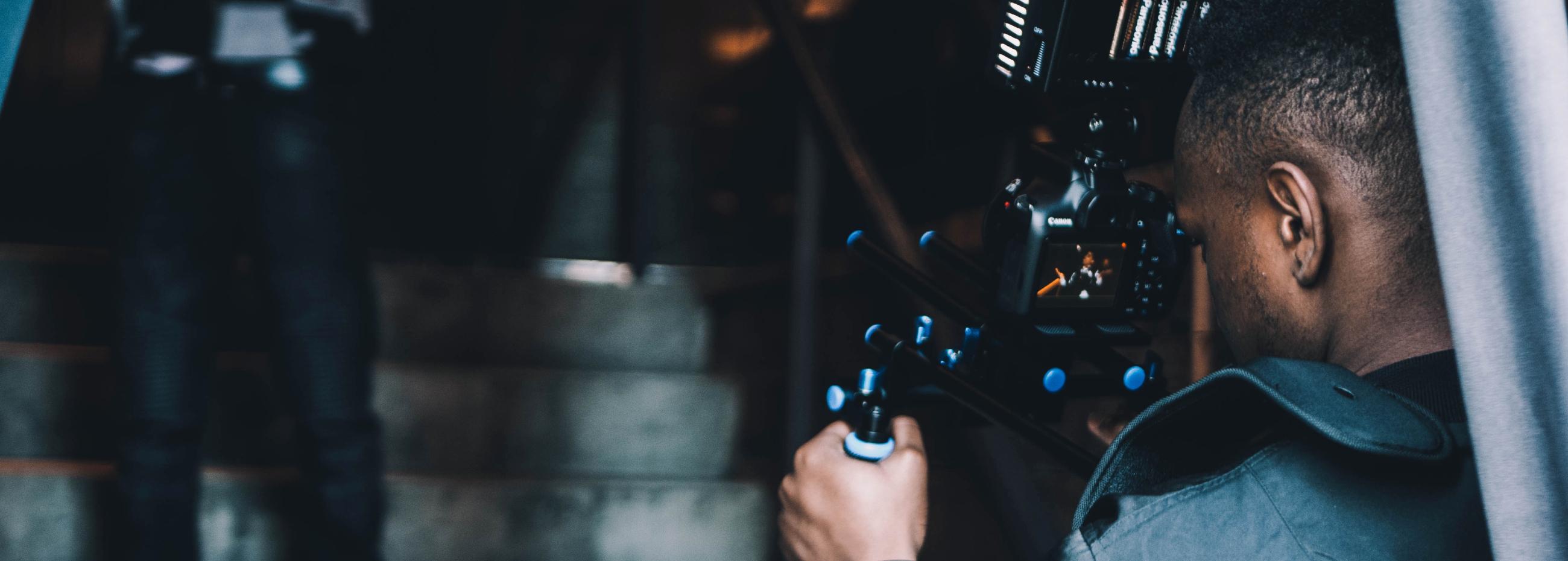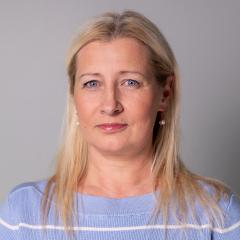
Cinematography: Introduction to Lighting and Camera Work
Baltic Film, Media and Arts School
This course provides an essential foundation in the art and science of cinematography, focusing on lighting techniques and camera work. Through a combination of theoretical concepts and practical exercises, participants will learn how to manipulate lighting setups and camera settings to achieve desired cinematic effects.
- 18:00 - 20:15
Applying to the course: fill in the Registration Form and the Letter of Motivation latest by the 26th of March!
The course takes place at BFM on Thursday evenings, except for the 23rd of May! The course is held in English, at least level B1 is needed!
Course target group
This course is designed for aspiring filmmakers, cinematographers, film students, and anyone interested in the art and craft of visual storytelling through film. No prior experience in cinematography is required, but a basic understanding of film-making concepts and terminology will be beneficial.
Course content and goals
Developing the participants skills in the field of cinematography and encouraging their reflection on their own professional activity, in order to increase the quality of their work. The participants will explore the fundamental principles behind creating visually compelling scenes, understanding the interplay between light, shadow, and composition to effectively create different moods and drive the narrative forward.
Course Modules:
- Camera & Lighting department: breakdown of the positions within the department; the chain of command; the skills needed to excel; the technical terminology.
- Understanding Light: introduction to the properties of light; the role of light in cinematography; types of lighting sources and their characteristics.
- Principles of Lighting: key, fill, and back-lighting techniques; creating mood and atmosphere through lighting; color temperature and its impact on storytelling.
- Tools of the Trade: overview of lighting equipment (including fixtures, modifiers, and grip gear); camera types and their functionalities; introduction to lenses and focal lengths.
- Composition and Framing: rule of thirds and other composition techniques; framing shots for visual impact and storytelling; depth of field and its creative applications.
- Camera Movement and Techniques: understanding camera movements (pan, tilt, dolly, zoom, etc.); handheld vs. tripod shooting; dynamic camera techniques for enhancing narrative tension.
- Practical Applications: hands-on exercises in lighting setups; on-location shooting and adapting to different environments; case studies of iconic scenes and the cinematography techniques used.
Learning outcomes
Course graduates:
- can use lighting and camera equipment (light sources, light fixtures, camera, lenses, filters, accessories);
- gain a thorough understanding of the role of light in cinematography and its impact on visual storytelling;
- develop proficiency in lighting techniques to effectively convey mood and atmosphere in cinematic scenes;
- acquire practical skills in camera operation, composition, and framing for creating visually compelling shots;
- apply theoretical knowledge to real-world scenarios through hands-on exercises and case studies;
- cultivate an appreciation for the artistry and technical precision required in the craft of cinematography.
Conditions of participation
To apply for this course, you must register to the course and fill in a form of a letter of motivation - the selection for the admission to the course is based on the letters of motivation. Everybody will be notified of the admission by email. The invoices will be sent out to after the admission. In order to participate, the invoice must be paid in full before course starts.
At least B1 level of English is needed!
About the lecturer
Eduard Emanuel Leahu is a cinematographer with more than ten years of experience in the film industry. He holds a Master's degree in Cinematography awarded by three top European film universities (National Film School IADT, University of Theatre and Film Arts SZFE, and Baltic Film, Media and Arts School TLÜ). At the present time, he is a visiting lecturer and cinematography equipment specialist at Tallinn University.
Sarnased koolitused
Ettevalmistus BFM filmikunsti erialale
Baltic Film, Media and Arts School
Tule ja tee tutvust meie BFMi filmikunsti erialaga! Kursus toimub kolmel laupäeval - 15.03, 29.03 ja 05.04 kl 10-17.
Stsenaristika
Baltic Film, Media and Arts School
Avasta enda jaoks loo struktuur, karakterite loomine, stseen, dialoog ja kursuse lõpuks kirjutad päris enda lühifilmi stsenaariumi. Ootame koolitusele kõiki filmi ja stsenaristika huvilisi, varasemad oskused pole olulised.
